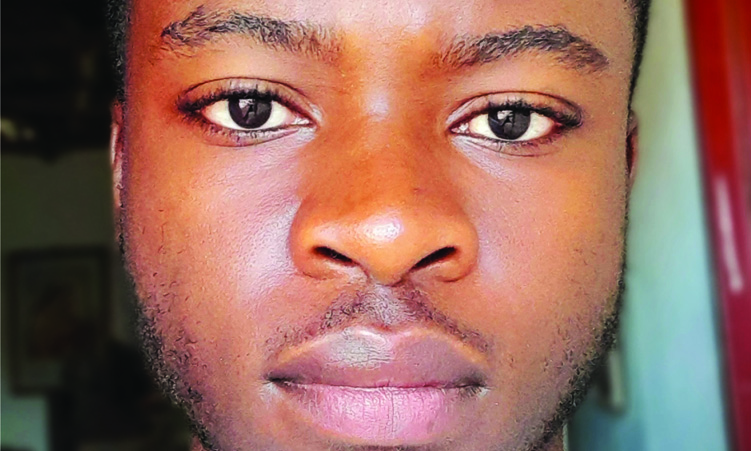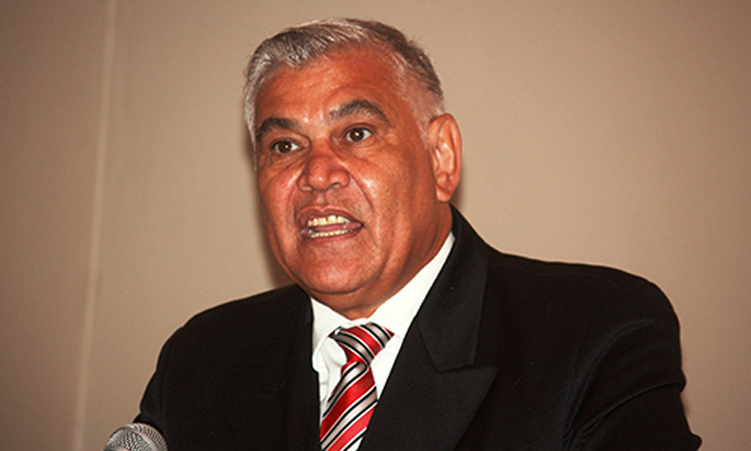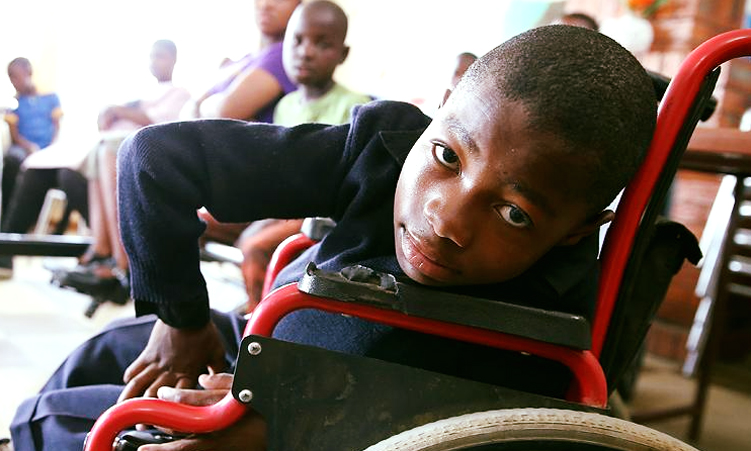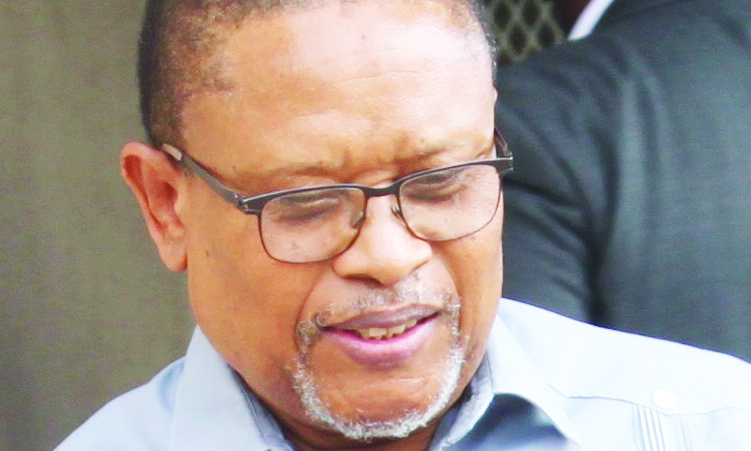In a constantly changing society, one issue appears to largely remain in the shadows: Young boys’ and men’s mental health.
Although societies evolve and the debate about mental health keeps expanding and getting much-needed attention, the specific issues men face tend to be ignored.
When they are addressed, it appears that the information does not reach its intended audience.
The link between masculinity, identity and mental health creates a complex web and requires urgent attention, especially in a conservative country such as Namibia.
‘BOYS DON’T CRY’
Most boys are told from an early age to embody masculine attributes: To be strong, stoic and self-reliant.
Under the right conditions this can build resilience and independence, and contribute to the development of a masculine man.
However, the message portrayed to young boys and men these days is frequently one of rigid prescriptions that undermine boys’ and men’s well-being.
The saying ‘boys don’t cry’ is a detrimental societal standard that associates emotional displays with weakness.
Stoicism, the ability to endure suffering or adversity without expressing emotion or complaining, has long been regarded as an attribute men must possess.
While resilience is beneficial, too much emphasis on stoicism might be harmful, especially for young boys who do not know what it means.
Men who embody this tendency may avoid seeking help out of fear of looking weak.
This causes males to hide their emotions, resulting in unresolved psychological concerns, increasing the chance of them feeling trapped and lost.
Furthermore, they bottle up their emotions, disguising their vulnerabilities and struggles that cause them to be volatile.
The need to present an image of an overly tough guy inhibits them from seeking the treatment they desperately need.
IDENTITY AND VALUE
Many Namibian men struggle with their identity. We are unaware of who we are or what responsibilities we need to constantly strive to accomplish.
Boys and men are often assessed on how well they can live up to ‘masculine standards’.
Unfortunately, these standards have become associated with preying on weaker individuals, having several sexual partners, participating in frivolous hobbies that don’t develop or benefit their lives in the long run, and putting on a pretentious, tough front while ignoring underlying values.
This distorted understanding of masculinity affects not only men but has also weakened the fundamental structure of our communities.
This restricted notion of masculinity can cause internal problems, especially among those who do not align themselves with these norms.
The pressure to live up to these expectations can be overwhelming, resulting in thoughts of failure and low confidence.
UNPOPULAR CHOICES
Being a masculine man requires discipline, sacrifice, and consistency, regardless of social beliefs.
It involves making choices that may not always be popular with peers and walking away from some people, which may result in being seen as a villain. Balancing conventional masculine characteristics with a changing world is a unique challenge for men.
Sustaining integrity and principles in a world that tests them and promotes lifestyles with little to no morals is difficult.
As a man, it is their duty to the community to safeguard it and influence positively.
This involves not being a threat but a source of strength and protection for others.
It requires making sacrifices and venturing outside one’s comfort zone to embrace growth.
Men who strive hard, uphold ideals and seek to be role models are essential. Being around like-minded people that push for personal development can provide the fortitude required to face life’s problems.
INCLUSIVENESS
One way of addressing the mental health crisis young boys and men face requires societal efforts to challenge notions of masculinity that hinder emotional expression and mental well-being.
Encouraging open conversations about mental health, especially in men’s groups, fostering supportive communities and promoting a balanced understanding of masculinity are essential steps towards a healthier future for men.
We need to recognise the pressures and expectations men face and help create a more inclusive environment that allows them to thrive emotionally and mentally. A collective effort and understanding can ensure every man has the opportunity to lead a fulfilling and balanced life.
- * Herman Herman is a student counsellor and a clinical psychology graduate (University of Namibia).
Stay informed with The Namibian – your source for credible journalism. Get in-depth reporting and opinions for
only N$85 a month. Invest in journalism, invest in democracy –
Subscribe Now!






